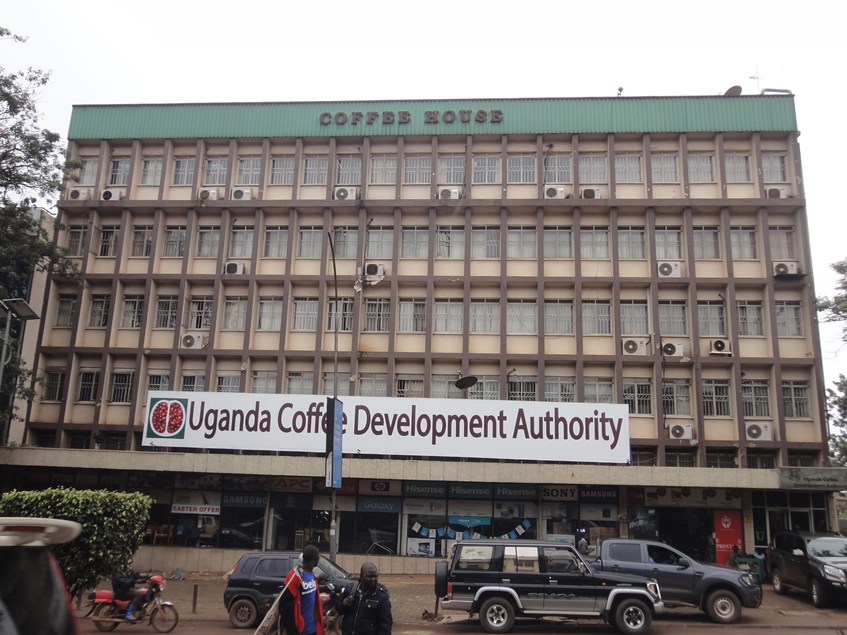By Aggrey Buluba
The National Resistance Movement (NRM) parliamentary caucus has finally reached a consensus to merge 16 government agencies after a series of unsuccessful attempts to push through the controversial plan. The breakthrough decision came today during an intense meeting at State House in Entebbe, bringing to an end months of uncertainty and speculation.
The caucus members, who have often found themselves at odds over the finer details of the merger, emerged with a clear mandate to move forward. But not without some compromise – a three-year transitional grace period was granted to the Uganda Coffee Development Authority (UCDA) and the National Information Technology Authority, Uganda (NITA-U).
For months, the proposal to merge 16 government agencies had been stuck in political gridlock, with previous attempts to pass the resolution ending in disagreement. The government argued that the merger would cut bureaucratic red tape, reduce redundancy, and save taxpayer money, while critics raised concerns about potential job losses, reduced accountability, and the possible erosion of specialized functions.
But with the NRM’s numerical strength in Parliament, today’s resolution shows that the ruling party is ready to flex its muscles to push through the plan, even if it means facing resistance from opposition members, civil society groups, and some concerned citizens.
In a surprising twist, the caucus decided to grant a three-year transitional period to the UCDA and NITA-U, two agencies deemed too critical to rush into the consolidation plan. This decision acknowledges the significant role these agencies play in Uganda’s economy and development.
The UCDA, which regulates the country’s coffee sector, a key export and major source of income for millions of Ugandans has been given time to adjust to the merger. Many industry players feared that a hurried integration could disrupt operations and negatively impact coffee production, export quality, and farmer incomes. By allowing a transition period, the government seems keen to avoid any shocks to this vital sector.
Similarly, NITA-U, the agency driving Uganda’s digital transformation agenda, was also given a three-year window to transition smoothly. With Uganda’s aspirations to become a regional tech hub, ensuring that the body responsible for managing the nation’s IT infrastructure isn’t hastily dismantled appears to be a pragmatic move.
However, not everyone is toasting the NRM’s decision. Critics argue that the merger is an ill-advised move that could lead to confusion, inefficiency, and reduced service delivery. The opposition has voiced concerns that consolidating so many agencies under fewer umbrellas may reduce transparency and accountability while compromising the quality of public services.
“There is no guarantee that merging these agencies will actually save money or improve efficiency,” warned some opposition members. “What it will do is put many hardworking Ugandans out of jobs and put too much power into too few hands.”
Some civil society organizations have echoed these sentiments, arguing that the government’s track record on implementing reforms has often been marred by delays, cost overruns, and unintended consequences. They warn that the merger could lead to a bloated bureaucracy, with fewer checks and balances.
With the NRM’s parliamentary majority, the merger now appears to be a done deal. The focus will soon shift to the logistics of merging 16 distinct agencies, each with its own unique mandates, functions, and organizational cultures into a streamlined government structure.
While the NRM is confident that the merger will bring about much needed efficiency and cost savings, others are watching closely to see how the plan unfolds. Will the government be able to balance reform with the need to protect jobs and maintain service delivery? Will the UCDA and NITA-U manage to adapt to their new roles within three years?
Do you have a story in your community or an opinion to share with us: Email us at Submit an Article








